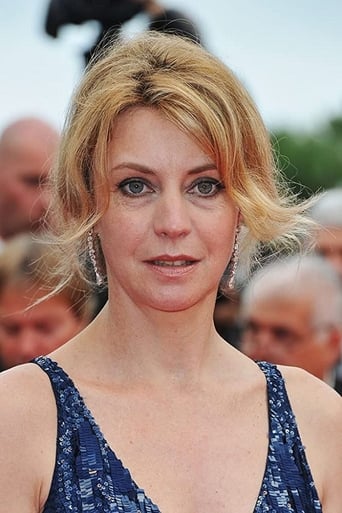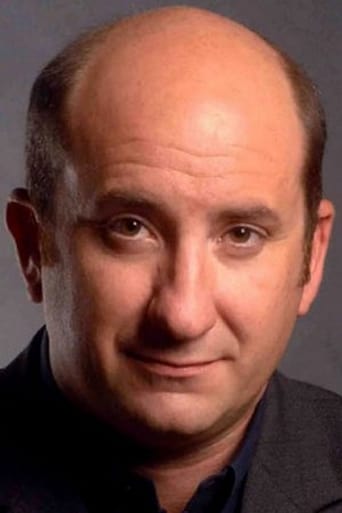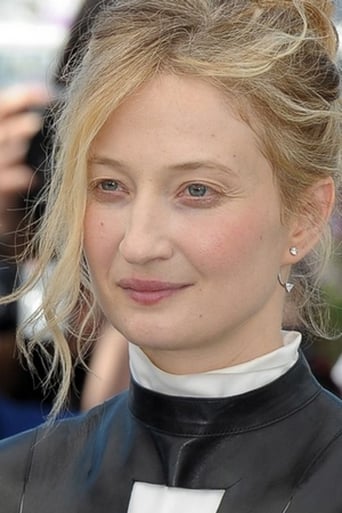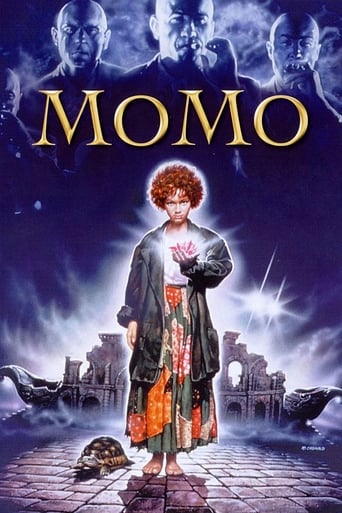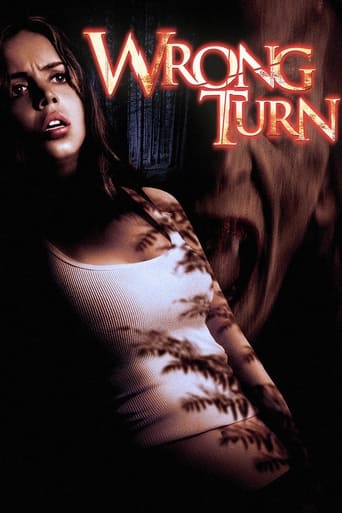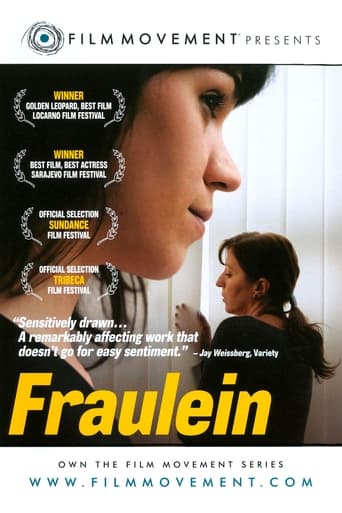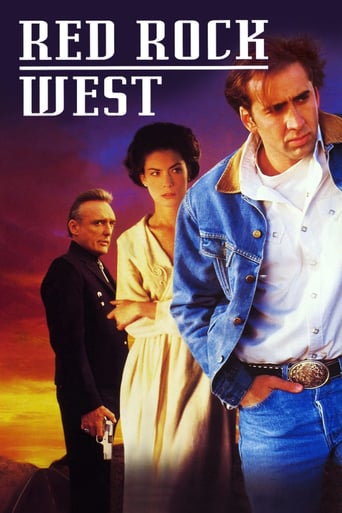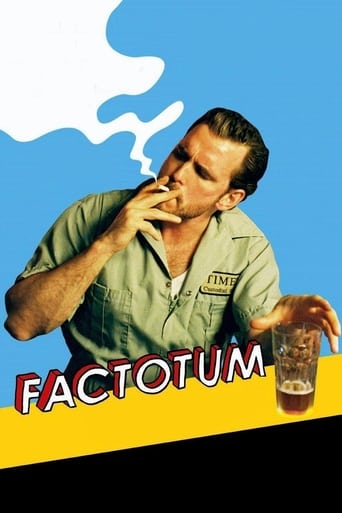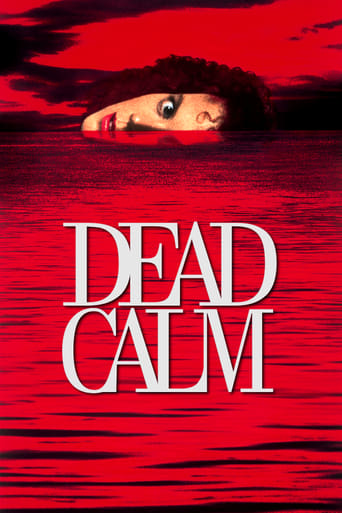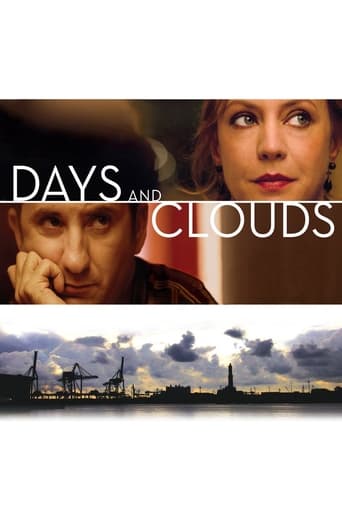

Days and Clouds (2007)
Set in Genoa, the film concerns the financial struggles and emotional strain that occur after Michele loses his job. He and his wife Elsa are forced to give up their affluent lifestyle and cope with the tensions of moving into a smaller home, finding new work, and making sacrifices.
Watch Trailer
Cast
Similar titles

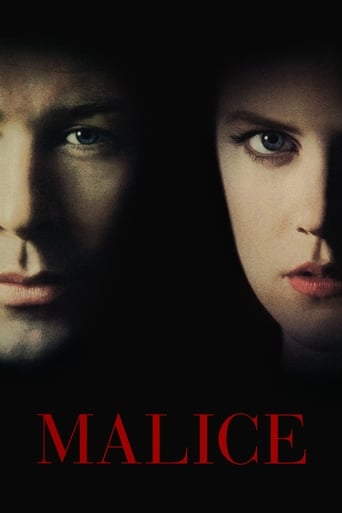
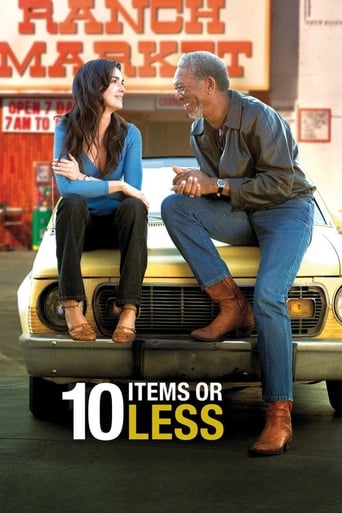
Reviews
Plenty to Like, Plenty to Dislike
Absolutely brilliant
it is finally so absorbing because it plays like a lyrical road odyssey that’s also a detective story.
The joyful confection is coated in a sparkly gloss, bright enough to gleam from the darkest, most cynical corners.
Days and Clouds (2007)Tender, true, and rather moving without being the slightest bit sentimental. This is a look at normal life, in a way, in modern Northern Italy (the setting is Genoa). A fairly comfortable middle aged couple is going through a crisis as one loses a job and the money crunch adds to other everyday stresses.And that's it. Which is a lot when you realize that that's it. There will be no murder or shocking accidents, no illness or surprise turn of events of any kind, really. Which is why it draws you further and further, gently, with more humor than pathos, until you really believe these people, or these kind of people, exist quite like this. It's not a random slice of life, since there is certainly a core problem being scrutinized (the loss of a job in mid-life, etc.). But in many ways the little events are so "little" in the cinematic sense they are just a small pageant for the viewer.So what makes it sing beyond the compelling, restrained story is the acting, above all the acting. The couple, the husband and wife facing the crisis, makes sense because the woman (Margherita Buy) and the man (Antonio Albanese) are so perfect at being imperfect. They don't push their crisis too hard, nor do that have the ideal love at the beginning. What they show is the normal troubled tenderness and awkward anger of getting into such a situation.Besides a second thread following somewhat their daughter's life, which has taken a less materialistic turn then the parents, the movie adds a whole other element throughout--early Renaissance art. The mother happens to have just finished (belatedly) her graduate degree in Italian art from the 1400s. And she is helping restore an obscure small ceiling painting somewhere else in town, seeing it gradually reveal itself as the movie progresses. The reason this matters is it adds an element of beauty and idealism that is implied by the whole rest of the movie. That we (all of us) are not simply here to make ends meet and worry about money. And this something bigger (call it art, call it something spiritual inspired by art or inspiring art) is what holds us up at times.So by the end the two aspects--the mundane and the ethereal--meld, every so softly. Quite beautiful.
Elsa and Michele are living a comfortable upper middle class life in Genoa ... until Michele is forced out of the company he co-founded. This film examines the effect this event has on Elsa, Michele, their daughter Alice, and their friends. If you are a middle aged person with a good income, then this film will probably touch a raw nerve, since you would have to feel that this could happen to you; if this has happened to you, then you will likely doubly feel the pain.The film is brutally honest as it shows how Elsa and Michele give up their comforts one step at a time. After Elsa recovers from the initial shock, she is quite practical in looking for work, any kind of work. But it's different for Michele. He has been used to being the breadwinner and deals with serious issues like humiliation, wounded pride, and feelings of worthlessness--one day he was a key player in his work and family and the next day he feels he is nothing. He is so embarrassed that he cannot even reveal the truth to his daughter until she makes an independent discovery of it. Friendships are severely impacted. What has happened to Michele and Elsa has happened to thousands since the economic downturn and their reactions are not atypical, but their story is laid out here in a very affecting manner.Antonio Albanese (as Michele) and Margherita Buy (as Elsa) turn in very believable performances. No great tricks in cinematography or time sequencing, just straightforward, solid filmmaking.Life goes on and people cope, but I think it would be difficult to watch this film without responding to its intense emotional content. No matter what your status, it's always hard to take several steps back. Money, work, and status are important and, as illustrated in this film, I think it is the unusual person who can withstand a serious blow in any one of those areas and come out the better for it.
After three movies that elevated him from d'essai circuits in terms of box office results, director Silvio Soldini returns to more dramatic and current themes closer to his debuts. Middle-class families can't afford financial problems, that's seems to be the sense of the movie. Step after step all certainties and habits of a Genova's well off family, crawl down after Michele (Antonio Albanese) lost his work. Soldini as always, has the sensibility and the touch to treat such difficult material, but nevertheless the script (of the same author with Tiziana Leondeff) never reach the audience. The story advances laboriously, the non-core characters are just sketched and stereotyped, and most of all the main character, Antonio Albanese, not has the necessary depth, his Michele seems a man who could not accept the consequences of his actions, ever astonished by the behavior of the rest of human race, including members of his family. Early the movie slips toward a foreseeable descent, tell the truth, in the end there's a bit of relief. Great waste of talent for the performance of Margherita Buy, as always measured and effective. Awful soundtrack, by the way.
Times are tough right now, mirroring the era of The Great Depression. Financial security is a ghost, friendships and relationships are tested by walking the razor edge of insolvency, and according to the 'popular movie' polls the escape for many is in the darkened movie houses with comic hero or animal animated mindless safety net entertainment. Not so with the very brilliant film DAYS AND CLOUDS written (with Doriana Leondeff, Francesco Piccolo, and Federica Pontremoli) and directed with immaculate attention to detail by Silvio Soldini (BREAD AND TULIPS, etc). Soldini recreates the global financial nightmare in the form of an examination of one family's fracture and consequences. It resonates despite the depressing story, offering a glimpse into the universal ties that bind us at this moment. Elsa (Margherita Buy) is graduating from Art History and Restoration school and seems to be a woman on top of her league, complete with surprise gifts and a celebration staged by her husband Michele (Antonio Albanese). Waking up the morning after her congratulations party, Elsa is ill with a hangover, but even more shocked when Michele breaks the news to her that he has been out of work for two months, ashamed that he has lost his company and his job, hiding in the couple's boat during the day. There is no money left and the couple must face losing their home and are forced to take on menial tasks to survive. Pride prevents the couple from sharing their financial downfall with friends and with their one child - Alice (Alba Rohrwacher) who has elected not to pursue education in favor of waiting tables in a restaurant she has invested in with friends. The tension of keeping the secret to themselves causes mounting friction between the couple and events that would have never happened had they shared their misfortune with friends and family bring their relationship to a near fatal end. How they survive is touched, quietly and quickly and gently, at film's end. Soldini spares no pain in the responses of his characters' misfortune, but at the same time he allows each character to emerge from ideal married tropes to completely human victims of financial ruin. Buy and Albanese are triumphant in their performances as the married couple caught in the crumble of decline. But there are fine performances by Rohrwacher and Fabio Troiano as her lover Riki, and Carla Signoris as Elsa's closest friend Nadia, and actors playing two ex-employees of Michele who provide a window of friendship in Michele's time of desperate need. The cinematography by Ramiro Cirita and the musical score blending opera and folk music by Giovanni Venosta enhance the motion of the film that though just under two hours in length, appears more succinct. Silvio Soldini has taken a topic that affects us all and polished into a film that is bound to touch every viewer deeply. Highly recommended movie from The Film Movement. Grady Harp
